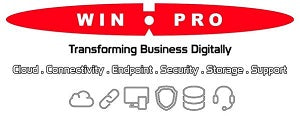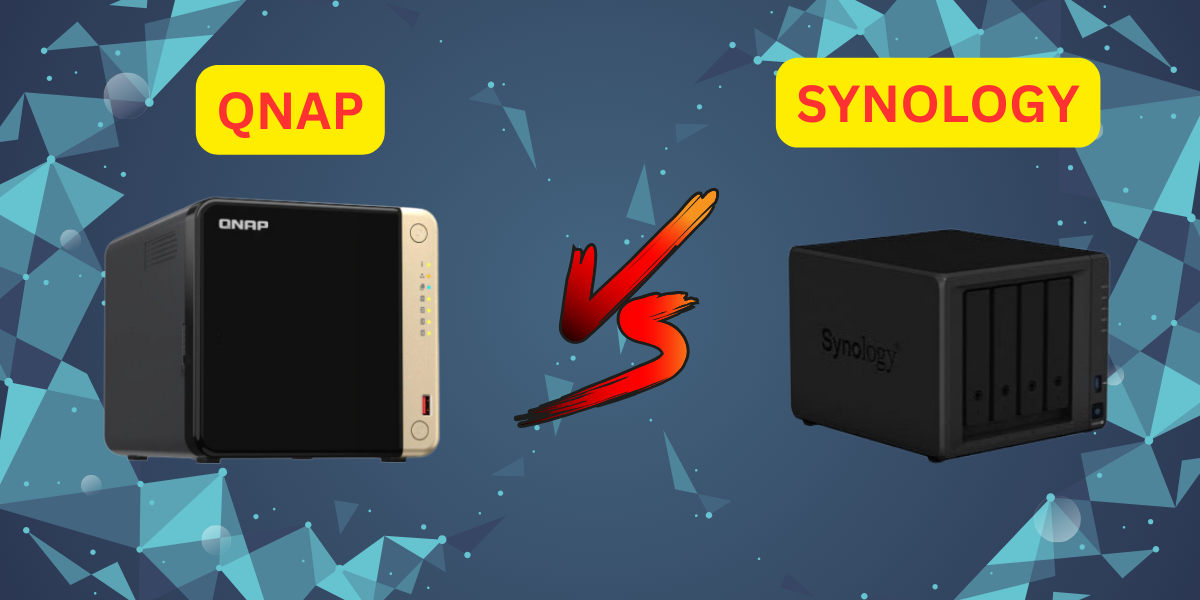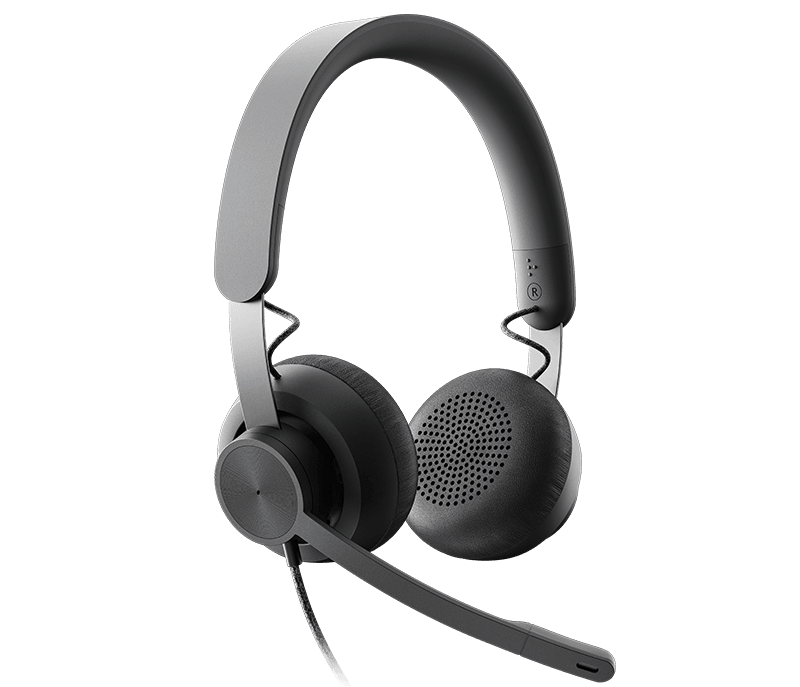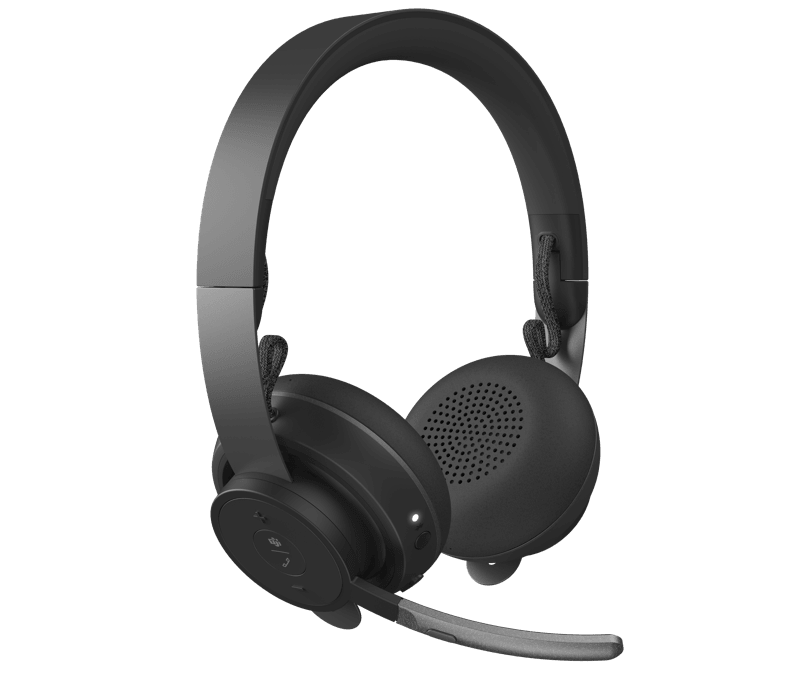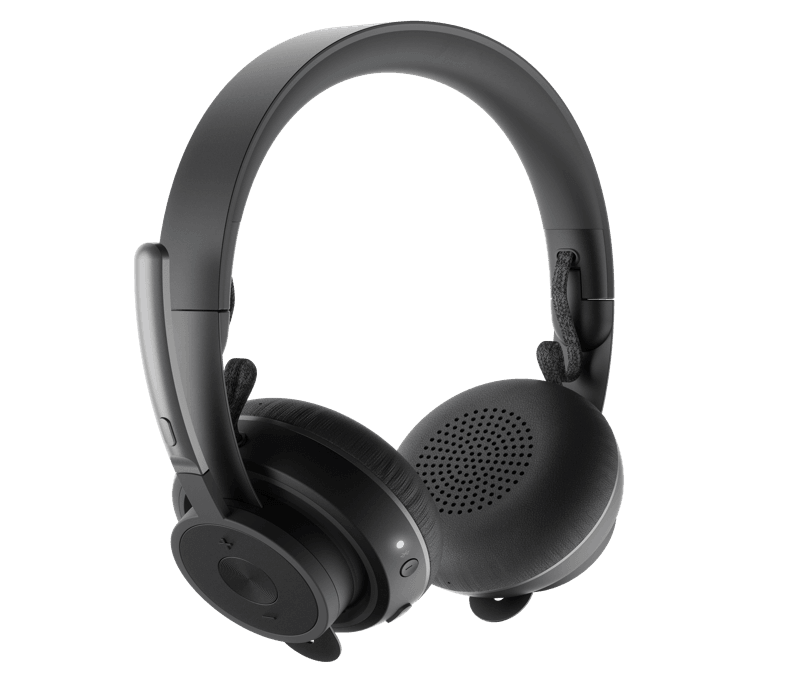In today's data-driven world, Network Attached Storage (NAS) devices have become indispensable for individuals and businesses alike. They provide a secure and efficient way to store, access, and share data. Among the top contenders in the NAS market, QNAP and Synology stand out as the titans of the industry. In this blog post, we'll dive into a comprehensive comparison of these two NAS giants to help you make an informed decision when choosing the right NAS for your needs.
Hardware and Build Quality
Both QNAP and Synology offer a wide range of NAS devices, catering to various budgets and requirements. When it comes to hardware and build quality, both brands are known for their reliability and sturdiness.

QNAP:
QNAP NAS devices are often praised for their robust construction. They offer a broad selection of models, including tower and rack-mounted units. Many QNAP models come equipped with powerful processors, ample RAM, and high-quality components, making them suitable for demanding tasks like 4K video transcoding and virtualization.

Synology:
Synology, too, is renowned for its solid build quality. Their NAS units are designed with an emphasis on aesthetics, often featuring a sleek and modern design. Synology's hardware is no slouch either, with models catering to various usage scenarios. They are well-regarded for their energy-efficient processors and noise reduction features.
Software Ecosystem and User Interface
The software ecosystem and user interface of a NAS are crucial factors that determine the overall user experience. Both QNAP and Synology offer powerful operating systems with extensive app ecosystems.

QNAP:
QNAP's QTS (QNAP Turbo NAS System) is known for its versatility and customization options. It boasts a user-friendly interface that allows users to easily set up and manage their NAS. The App Center offers a wide array of apps, including virtualization solutions, surveillance tools, and multimedia apps. QNAP's Hybrid Backup Sync provides comprehensive data protection options.

Synology:
Synology's DiskStation Manager (DSM) is praised for its intuitive and straightforward interface. DSM is known for its stability and user-friendliness. Synology's Package Center offers a plethora of apps for various needs, from office productivity to media streaming. Synology's Hyper Backup ensures data backup and recovery are robust and reliable.
Performance and Transcoding
The performance of a NAS is crucial, especially if you intend to use it for resource-intensive tasks like media streaming and virtualization.
QNAP:
QNAP NAS devices often come equipped with powerful processors and hardware acceleration capabilities. This makes them excellent choices for tasks like 4K video transcoding and running virtual machines. QNAP's hardware transcoding capabilities are highly regarded by multimedia enthusiasts.

Synology:
Synology NAS units also offer strong performance, especially in the mid to high-end range. They support hardware acceleration for tasks like video transcoding, though they may have limitations compared to some QNAP models in terms of the number of concurrent transcoding streams.

Price and Value
Price is a significant consideration for many when choosing a NAS, and the value you get for your money matters.
QNAP:
QNAP's NAS devices often come at competitive price points, with a wide range of options to fit different budgets. They offer excellent value for their performance and feature set.
Synology:
Synology NAS units tend to be priced slightly higher than some QNAP models. However, many users are willing to pay the premium for Synology's user-friendly interface and reliable performance.
Support and Community
Support and a strong user community can make a significant difference when you encounter issues or need help with your NAS.
QNAP:
QNAP offers responsive customer support and has an active user community. You can find solutions to common issues and get help from fellow users on forums and social media groups.
Synology:
Synology is also known for its excellent customer support and a vibrant user community. Their website provides extensive resources, and their forums are a great place to seek assistance.
Conclusion
Both QNAP and Synology offer robust NAS solutions with their own strengths and unique features. The choice between them ultimately depends on your specific needs and preferences. If you prioritize customization, powerful hardware, and a wide range of features, QNAP might be the better choice for you. On the other hand, if you value an intuitive user interface, reliability, and a strong focus on user experience, Synology could be the way to go.
QNAP:
SYNOLOGY:
